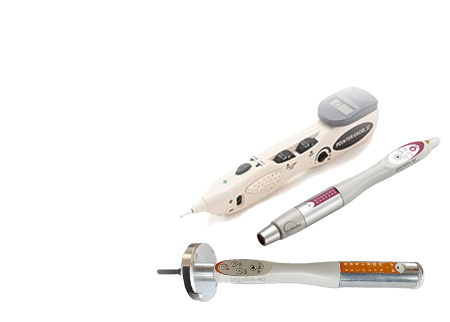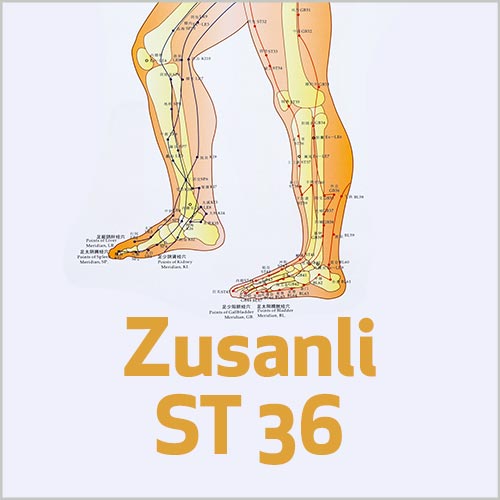A Short History of Acupuncture
2000 Years of Competing Ideas
How long should we retain needles? How many needles should we use? How essential is obtaining deqi? The history of acupuncture is a tale of competing ideas, and understanding the origins of these debates is vital to underpin informed practice.

Course Overview
Competing Schools of Thought have always been a dynamic and vital part of our traditional medicine. How the cause of the disease is framed will inevitably shape the direction of treatment. The Three Great Schools of the Jin Dynasty provide an excellent example. If you believe that the overriding pathogen is Fire/Heat, like Liu Wansu, then the treatment principles become Clear Heat and Nourish Yin. If your emphasis is on external pathogens, like Zhang Congzheng, then expelling pathogens upwards, downwards or outwards would be the priority. If you think like Li Gao, you might conclude that good nutrition coupled with effective digestion is the foundation of treatment.
This course explores the diversity of ideas shaping acupuncture theory and practice over the last 2000 years including fundamental ideas on causes of disease, methods of point selection, point location, needle retention times, number of needles, needling styles, moxibustion and much more.
We will examine the major historical figures, their writings and ideas, including much previously untranslated material. In every traditional medicine, the foundation is a thorough understanding of past debates about theory and practice, however, it is also the responsibility of every new generation to adapt and develop theories and practices which answer the clinical challenges of the times in which they live.
Objectives
-
To learn about the chronology of acupuncture history noting the significant figures, their writings and ideas.
-
To explore in depth, the major historical Schools of Thought in acupuncture, the main figures, their writings and ideas, and their relevance to contemporary practice.
-
To develop a deeper understanding of the diversity of ideas between different Schools of Thought in acupuncture as a basis for reflection and developing one’s own theory and practice.
Outline
0 hrs - 1 hrs
The Schools of Thought in Acupuncture are introduced. Chronology up to Western Jin Dynasty is detailed including Mawangdui Silk Scrolls, Ci Shu, Huang Di Nei Jing and Nan Jing.
1 hrs - 2 hrs
Chronology from Western Jin Dynasty to Jin Dynasty is detailed, including a brief discussion on time-related acupuncture methods. The contrast between how Eight Confluent Points were first used and how some modern schools use them is discussed.
2 hrs - 3 hrs
Chronology from Jin Dynasty to Ming Dynasty is detailed including Three Great Schools of the Jin Dynasty. Point indications in Ma Danyang’s Twelve Heavenly Star Points Song are compared and contrasted with indications in ten modern texts.
3 hrs - 4 hrs
Leading figures of the Ming Dynasty and their works are examined including the The Three Great Anthologies of the Ming Dynasty. The works of Wang Ji, Li Shizhen and Zhang Jiebin are also explored.
4 hrs - 5 hrs
Chronology from Qing Dysnasty to present is detailed including Warm Disease theory development. Different responses to interactions with Western medicine are discussed. The main Schools of Thought in acupuncture are outlined.
5 hrs - 6 hrs
Schools of Thought are explored in depth highlighting diverse ideas. Different perspectives about needle retention times, Deqi and bu and xie methods are also discussed.
Teacher
John McDonald
Since 1971 Dr John McDonald, PhD has been a lecturer, Dean, Course Assessor and Degree Monitor for New Zealand Qualifications Authority, researcher, speaker, mentor and peer reviewer. John is author of Acupuncture Point Dynamics (3 volumes), Zang Fu Syndromes and The Acupuncture Evidence Project.
Disclaimers
Please read these important disclaimers before purchasing:
...














